In a move that sent shockwaves through Canadian politics, Deputy Prime Minister and Finance Minister Chrystia Freeland resigned on Monday after a public disagreement with Prime Minister Justin Trudeau over how to address tariff threats from U.S. President-elect Donald Trump.
Freeland’s resignation marks the first significant dissent within Trudeau’s cabinet and could undermine his hold on power.
Conflict Over Trump’s Tariff Threats
Freeland, who has played a central role in Canada’s trade negotiations and policy responses, cited Trump’s planned 25% tariffs on Canadian imports as a major concern. She warned that these tariffs could escalate into a “tariff war” with the U.S., Canada’s largest trading partner, which absorbs 75% of its annual exports.
In her resignation letter, Freeland criticized Trudeau’s approach to the crisis, stating, “For the past number of weeks, you and I have found ourselves at odds about the best path forward for Canada.”
Trudeau reportedly sought to reassign Freeland to another cabinet position, a move she rejected, writing, “I have concluded that the only honest and viable path is for me to resign from the cabinet.”
A Decade-Long Political Career
Freeland, first elected to Parliament in 2013, has been a key figure in Trudeau’s government since the Liberals came to power in 2015. She held prominent roles, including Minister of Foreign Affairs and Minister of International Trade, where she spearheaded negotiations for trade deals with the EU and the U.S.
Most recently, as Finance Minister, Freeland was tasked with responding to Trump’s administration’s economic challenges. Her resignation came on the same day she was scheduled to provide a financial update, amid reports that Canada’s deficit projections would significantly exceed her earlier estimates.
Criticism of Economic Policies
Freeland’s departure highlights deeper rifts within the Trudeau government. In her resignation letter, she indirectly criticized recent government spending initiatives, such as a controversial sales tax holiday, describing them as “costly political gimmicks” Canada could ill afford.
Political Fallout
Freeland’s resignation is widely viewed as a major blow to Trudeau. Political analysts and colleagues alike have expressed concerns about the implications of her departure:
- Lori Turnbull, a professor at Dalhousie University, called it “a total disaster,” noting it signifies a “crisis of confidence” in Trudeau’s leadership.
- Genevieve Tellier, a University of Ottawa professor, remarked that Freeland’s departure exposes cracks in Trudeau’s previously unified cabinet.
Conservative Party leader Pierre Poilievre, who has attempted to force a snap election three times since September, seized the opportunity to criticize the Liberal government. “This government is in shambles,” said Andrew Scheer, Poilievre’s deputy leader, adding, “Even she has lost confidence in Trudeau.”
Cabinet Reactions and Next Steps
Freeland’s exit has left her colleagues reeling. Housing Minister Sean Fraser, who also announced his departure from politics on Monday, described Freeland as “professional and supportive.” Another close ally, Defense Minister Anita Anand, said, “This news has hit me really hard.”
Freeland, however, confirmed her intention to run in the next federal election, expected in 2025, signaling she is not stepping away from politics entirely.
Challenges Ahead for Trudeau
Trudeau, who is already trailing Conservative leader Poilievre by 20 points in polls, faces mounting pressure from both his party and the public. Freeland’s resignation, coupled with recent reports of economic instability, casts further doubt on his ability to lead the Liberals into the next election.
As Freeland departs, her criticisms leave behind questions about the government’s fiscal strategy, unity, and ability to navigate the complex challenges posed by Trump’s administration. The path forward for Trudeau and his government appears increasingly fraught with uncertainty.

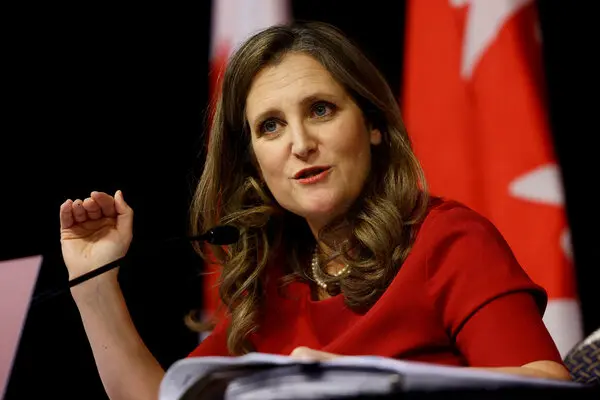

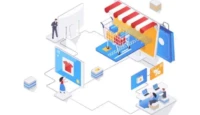
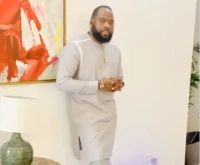

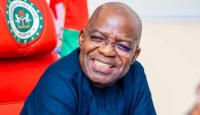



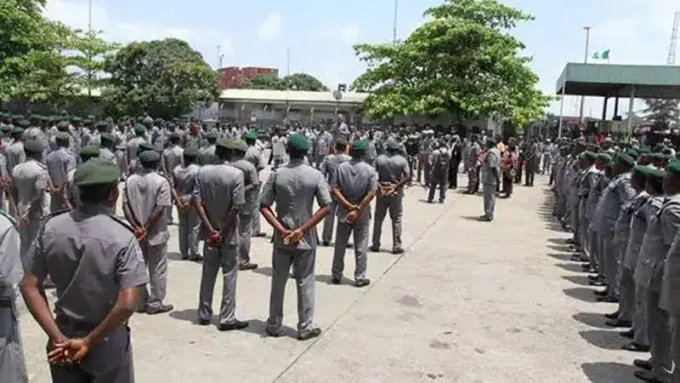
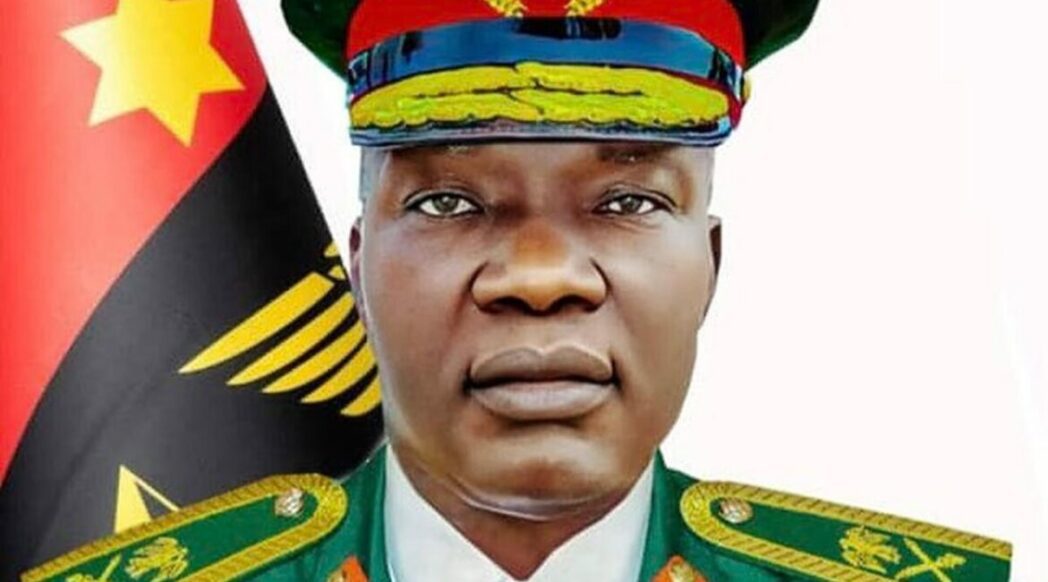
I think Freelands resignation is a strategic move. Trudeaus government needs a shake-up. Time for bold decisions!
Freelands resignation is a setback, not a strategic move. Trudeau needs stability, not chaos.
I think Freelands resignation is a strategic move to shake things up. Trudeau needs to step up his game!
Freelands resignation is a loss, not a game. Trudeau should prioritize stability over theatrics.
Wow, maybe Freelands resignation will actually shake things up for the better. Trudeau might need a fresh perspective now.
I think Freelands resignation is a strategic move to shake up Trudeaus government. Whos next in this political rollercoaster? 🎢
Its just political drama, nothing more. Cant wait to see whos next on the ride. 🎢
I think Freelands resignation is a strategic move to shake things up in the Trudeau government. Bold move or just political drama?
Bold move to expose Trudeaus weaknesses. About time for change. Lets see what happens next.
I think Freelands resignation might be a strategic move to shake things up and boost Trudeaus image. What do you guys think?
I think Freelands resignation is a strategic move, setting the stage for a comeback. Trudeaus government needs a shakeup!
Freelands resignation shows weakness, not strategy. Trudeau needs strong leadership, not drama.
I think Freelands resignation is a strategic move to stir up drama in Trudeaus government. Its all just political theatrics!
Wow, Freeland resigning over tariffs? Trudeaus in hot water. Is this the end for him? What a rollercoaster of a decade-long career!
Its just a bump in the road for Trudeau. Hell bounce back.
I think Freelands resignation is a strategic move to shake things up. Trudeaus government needs a fresh perspective to navigate the crisis.
Freelands resignation is a loss, not a strategic move. Stability is crucial during a crisis.
I think Freelands resignation is a smart move. Trudeau needs fresh perspectives to navigate this crisis. Change can be good!
Disagree, Freelands experience is crucial now. Stability over change in crisis management.
Honestly, I think Freelands resignation is just a cover-up for deeper issues. Trudeaus government needs a serious reality check.
I think Freelands resignation might actually benefit Trudeaus government. It could shake things up and bring in fresh perspectives.
I think Freelands resignation is a political stunt to boost Trudeaus image. Its all a drama for the upcoming elections!
I think Freelands resignation is a smart move. Trudeau needs fresh ideas to tackle economic challenges. Lets see what unfolds!
I disagree. Freeland brought stability. Trudeau should prioritize experience over new ideas.
I think Freelands resignation could be a strategic move to gain public sympathy and come back stronger. Trudeau might be playing 4D chess here.
Or maybe Freeland just wanted to step down. Not everything is a political conspiracy.
I think Freeland made the right call resigning. Trudeaus government needs a shake-up. Time for bold moves!
Bold moves or more chaos? Trudeau should focus on stability, not drama. Freelands resignation wont fix everything.
I think Freelands resignation was a power move to shake things up. Trudeau needs to step up his game now!
I think Freelands resignation is a strategic move to shake things up. Trudeau needs to step up his game now!
I think Freelands resignation is a strategic move. Trudeau needs a fresh start to navigate through the tariff chaos!
Nah, Freelands resignation is just a distraction tactic. Trudeaus still accountable for the mess.
I cant believe Freeland resigned over tariffs! Do you think Trudeaus government will survive this crisis? Im on the edge of my seat.
Wow, Freeland resigning over tariffs is a big blow. Will Trudeaus government survive this crisis? Thoughts? #politicaldrama #tariffdispute
I cant believe Chrystia Freeland resigned over tariffs! Do you think it will really cause a crisis for Trudeaus government? #politics #tariffs
Wow, Freelands resignation is a game-changer! Do you think this will shake up Trudeaus government or lead to a new direction in economic policies?
Do you think Freelands resignation will lead to a major shakeup in Trudeaus government? Share your thoughts on the political fallout!
Is Freelands resignation a strategic move or a sign of turmoil within the Trudeau government? Political drama at its finest!
Is Freelands resignation a strategic move or a sign of instability within Trudeaus government? Political drama at its finest! #StayTuned #OpinionsWelcome
Wow, Freelands resignation is a major blow to Trudeau. Will this tariff dispute lead to more chaos in the government? #politicaldrama
This resignation seems like a turning point for Trudeau. How will the fallout affect the governments economic policies? Exciting times ahead!